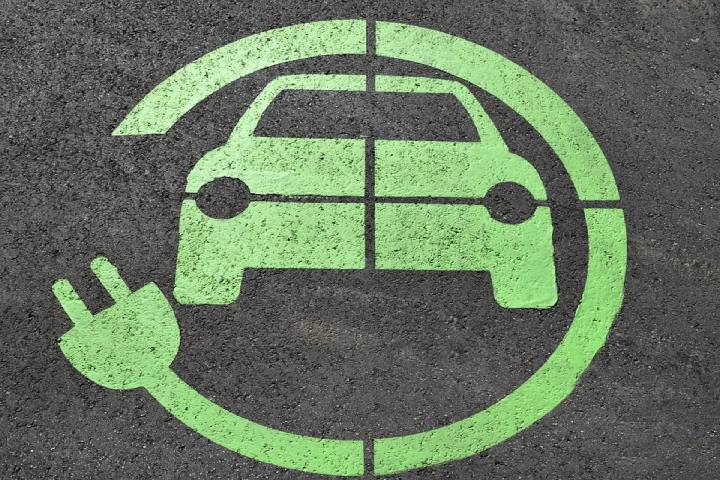Having the right voltage flowing through your car battery can significantly impact how your vehicle operated and your electrical system’s health. In most cases, you don’t need to worry about this much. However, as cars get older or experience electrical problems, they are more likely to have improper battery voltage. Fortunately, this is relatively easy to check.
1. Checking Battery Voltage
The most reliable technique to check your car battery’s voltage is by using a multimeter, a standard electrical testing tool that can measure voltage, resistance, current, and sometimes other values. It is a must-have for anyone working on an electrical system. This is how to measure the voltage of the vehicle:
- With the car off, turn the headlights on for a couple of minutes to ensure no surface charge in the battery.
- Insert this multimeter to a setting above 15 volts (typically, this will be 15 or 20, depending on the meter).
- Combine the multimeter to the +ve and -ve terminals of the battery.
- The text should be around 12.6 volts.
- Start the car.
- The new assignment should be above 10.
- A reading that drops below 5 indicates that the battery is terrible.
You can also often test battery health with a specialized tool that will give a more straightforward readout. If you own a car battery charger, that may also have a built-in health-checking feature.
2. How Does Voltage Affect Battery Life?
Your battery needs function well to be able to start the vehicle and run the various electrical systems. This includes critical safety features, including the headlights.
Many modern cars increasingly use electronics, computers, and sensors that rely on a functioning electrical system. Plus, most drivers want reliable heating and cooling and entertainment features.
If you have a battery that can’t hold the right voltage, it may experience a host of problems with the above vehicle systems. Plus, it may have a shortened service life.
Battery lifespans are estimated based on the battery operating in optimal conditions. The improper voltage could damage the cells in the battery and cause it to give out early.
3. How To Maximize Car Battery Life
The unit of the most useful things you can do for your car battery is to ensure it is installed properly, and the cables are fastened security. Having loose wires could cause improper voltage, excessive resistance, and other problems that may damage the battery.
You should also limit the number of short trips you take. These tend to rely more on the battery rather than the alternator. Plus, they involve more ignitions.
Finally, control the corrosion around your battery terminals. Check them periodically and clean them when necessary. You can use a mixture of baking soda and water, followed by a spritz of cold water. Always disconnect the battery first before cleaning.
4. Work on Your Vehicle’s Electrical System Today
If you are producing electrical difficulties with your vehicle, grab a multimeter, and check the voltage. If the battery seems to be wrong, get a new one. You can quickly look up vehicle specs VIN on popular automotive retail sites to find the right battery.
Tech Trends
Related posts
Leave a Reply Cancel reply
Hot Topics
Categories
- Ads (5)
- Animes (25)
- Artificial Intelligence (AI) (35)
- Augmented Reality (AR) (10)
- Automotive (9)
- Bitcoin (16)
- Blockchain (23)
- Business (243)
- Business Intelligence (3)
- Cloud Computing (23)
- Computer (127)
- Concrete Technology (1)
- Cryptocurrency (10)
- Cybersecurity (39)
- Data Science (9)
- Database (4)
- DevOps (6)
- Digital Marketing (75)
- Digital Workplace (14)
- Ecommerce (1)
- Education (28)
- Electric Vehicle (EV) (1)
- Electronics & Hardware (16)
- Entertainment (42)
- Fabrication (3)
- FAQ's (1)
- Finance & Marketing (47)
- Gadgets (34)
- Games (8)
- Gear (29)
- HTTPS (1)
- Industry (45)
- Information Technology (88)
- Internet (412)
- Internet of Things (IoT) (40)
- Job (25)
- Machine Learning (5)
- Marketing (91)
- Mobile Apps (20)
- Movies (11)
- Natural Language Processing (5)
- News & Trends (108)
- Programming (4)
- Science & Technology (232)
- Security (77)
- SEO (56)
- Services (36)
- Social Media (72)
- Software (96)
- Sports (1)
- Technology (303)
- Telecom (6)
- TikTok (5)
- Tours & Travels (9)
- Uncategorized (11)
- Virtual Reality (VR) (7)
- VoIP (4)
- Web Technology (42)
- Workforce (17)
- Workspace (6)



Stay connected